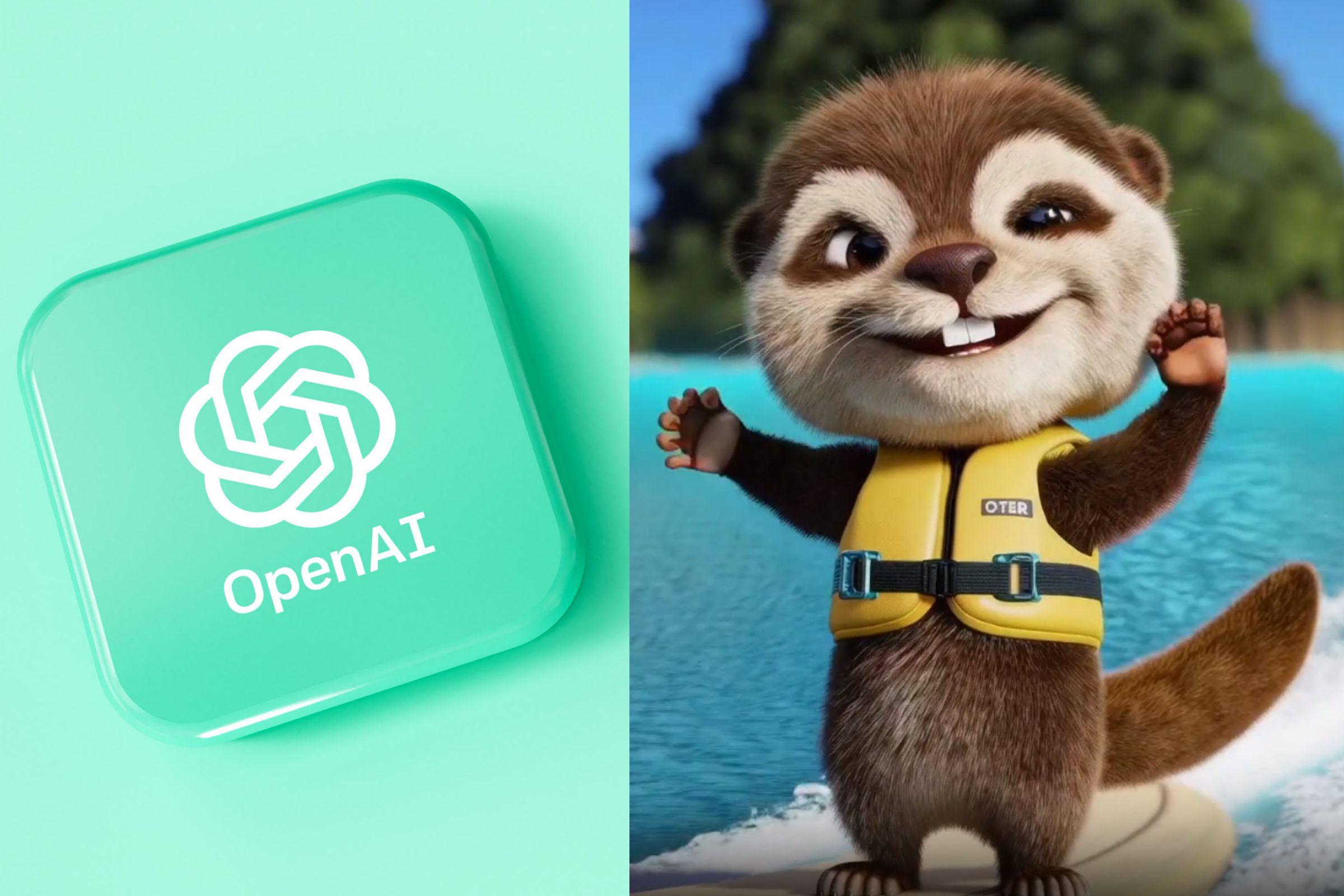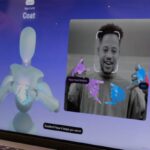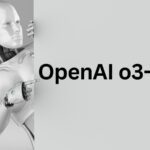In a notable advancement within the artificial intelligence sphere, OpenAI has introduced a revolutionary video generation technology named Sora, which is aimed at redefining the boundaries of digital video creation.
This unveiling comes in the wake of Runway AI, a New York-based startup, revealing its own video generation technology in April, which, despite producing videos that were somewhat unclear and distorted, signalled the rapid evolution of AI in creating realistic videos.
OpenAI’s Sora, deriving its name from the Japanese term for ‘sky’, symbolises the limitless possibilities in creative potential. The technology is capable of generating videos that could easily be mistaken for professional film work, demonstrating scenarios as varied as woolly mammoths traversing snowy landscapes and intricate Tokyo street views, all within minutes of processing.
This development places OpenAI at the forefront of the race to perfect instant video generation, a competition that includes not only startups like Runway but also tech behemoths such as Google and Meta. The technology promises to revolutionise filmmaking, potentially streamlining production for experienced creators while posing a threat to the livelihoods of emerging digital artists.
However, the innovation is not without its concerns, particularly in the realm of online disinformation. The ease of creating realistic videos raises alarms about the difficulty in distinguishing real content from fabricated, with implications as serious as influencing election outcomes, according to Oren Etzioni, a professor specialising in artificial intelligence.
In response to these ethical considerations, OpenAI has limited Sora’s release to a select group of researchers for “red teaming“, aiming to identify potential misuses before a wider release. Despite precautions like AI-generated video watermarks, the challenge of ensuring these videos are recognized as artificial remains.
Sora represents a leap in generative AI technology, which produces content based on extensive data analysis. The specifics of the data used to train Sora remain undisclosed amidst ongoing debates about copyright and data usage in AI development.
As AI continues to advance, creating images and videos increasingly indistinguishable from reality, the digital arts landscape is undergoing a significant transformation. While these technologies offer new creative avenues, they also pose challenges for digital artists and content authenticity online.
Opinion:
The emergence of technologies like Sora underscores a pivotal moment in digital creativity, where the lines between artificial and authentic blur. While the advancements herald a new era of creative possibilities, they also necessitate a thoughtful approach to their ethical implications. As we stand on the brink of this new frontier, it’s crucial to balance innovation with integrity, ensuring that the digital world remains a space for genuine creativity and truth.
Could the rise of AI in video generation mark the beginning of a new era in filmmaking and digital art, or does it signal a troubling trend towards a future where distinguishing between reality and artificiality becomes increasingly difficult?









